|
The situation in the Red Sea has become more complex in recent months. To protect their crews, ships and cargo, shipping companies are changing their routes to avoid the Red Sea and go around the Cape of Good Hope at the southern tip of the African continent. However, the risk zone in the Red Sea has expanded and attacks are occurring in areas further from the coast. As a result, ships have to take longer routes, which increases the time and cost of bringing the coffee to Barcelona. Due to the above, the transit time of our shipment from Kenya was extended to 60 days, which is double the usual transit time. Furthermore, upon reaching the Mediterranean, ships are being diverted to ports in Morocco and Spain, which causes serious overcrowding and congestion in container unloading. All major shipping companies are using these ports for transhipments, putting immense pressure on port capacities in the Mediterranean region and pushing them to the limit.
0 Comments
Before privatizing the coffee industry in Burundi in 2008, all coffee production was under the control of the state-owned company Sogestal, which is now virtually bankrupt. As a result of this privatization, the situation of small coffee producers has deteriorated. The government, under pressure from the World Bank, transferred most of the washing stations it used to control to foreign or multinational companies, leaving small coffee producers with very little to support themselves. Coffee is very important to Burundi, accounting for 80% of the country's export earnings and supporting the livelihoods of 55% of the population, approximately 750,000 families, the majority of whom are smallholder farmers. In 2007, the president of Burundi at the time declared that coffee belonged to the producers until it was exported. This agreement allowed them to oversee the supply chain and gave them the right to receive 72% of the revenue from international coffee sales. But in reality, little or none of that has happened.
We have lost count of the number of cupping sessions involved in the coffee selection process in Kenya. This process lasts several months and includes a series of quality control measures. In simple terms, the coffees we select undergo five main selection procedures before reaching your roastery. Journey to Origin: This process begins with a visit to cooperatives and a meeting with coffee producers and exporters at origin. Two trips are made; one during the harvest, where no cupping takes place, and another approximately a month when the harvest ends. During this last trip, we cupped around 500 samples per week, which is a pretty intense process. Here the pre-selection is carried out.
Previously in Kenya, the natural method of coffee processing was considered low quality and intended for the local market. The production of this type of coffee was carried out with floating cherries (the least dense) from the double fermentation process, which were placed without the slightest care on African beds at the end of the harvest. This type of coffee in Kenya is known as Mbuni. However, Mchana Estate has transformed this concept by introducing a more careful and balanced technique in the production of natural coffees.  Mchana Estate is located in Kiambu County in Kenya. Coffee cherries are harvested between 1800-2150 meters above sea level with an average temperature ranging between 13-25 degrees Celsius. Mchana has a workforce of 172 permanent workers and casual workers vary from 200 to 1,200 per day depending on the season. The largest quantity is produced during the peak harvest season.
We believe that approaching a cupping table with an open mind and senses is the correct way to learn, discover, and experience new sensations. We don't assume that origins have pre-assigned profiles like Kenya being associated with berries and Sumatra with chocolate. The coffee flavours can be as diverse as flavours are found in the world. This makes our work exciting because it's a journey to an unknown world of textures, flavours, and aromas that many people have never explored. And therefore, we are fortunate to guide them on this journey through specialty coffee. Umami is described as the fifth flavour, along with sweet, sour, salty and bitter. It is a savoury flavour that can be found in foods such as tomatoes, mushrooms, soy sauce, and aged cheeses, and is attributed to the presence of glutamate in these foods. Glutamate is a neurotransmitter, responsible for sending messages between neurons and the brain. All foods, including coffee, contain some amount of glutamate. Tomatoes, cheese and mushrooms contain high amounts of glutamate. However, in coffee, it is unlikely that this flavour is derived from free glutamates, as there are very few free glutamates present in green coffee. Therefore, it is more likely that the umami flavour that we sometimes find in certain lots is attributed to other compounds and substances present in coffee.
We are in the presence of a revolution, a revolution of farmers! In case you hadn't noticed, revolutions are no longer about warfare. Today revolutions are spiritual, technological or ideological. Furthermore, the leaders no longer die for their cause, but instead, seek refuge in a neighbouring country until the danger passes or they simply change their beliefs. This is precisely what has happened in Kenya, a revolution. The coffee farmer's revolution! Although, according to our records collected over the years, we had established that Kenya was the African country where the best price per kg of cherry was paid (about 1 USD per kg). But the coffee farmers were not happy with that, and who is? We all want more, it's part of our human nature. The problem here was not greed, but rather that many of them did not generate enough income to cover their production costs. This resulted in many of them giving up coffee, in favour of more profitable crops such as avocado or macadamia.
As we prepare to receive a new harvest of Kenyan coffee, we realise that there are several misconceptions associated with Kenyan coffee, let's review the most common ones: 1.- There is a misconception that Kenyan coffees are too acidic and unsuitable for use in espresso or milk-based drinks. However, this is simply not true. The acidity level of a coffee can be controlled by adjusting the roast profile. Although some coffees have a higher natural acidity, this can always be reduced by roasting if necessary.
As of today, we are informed that some milling facilities are operational but are experiencing significant delays. We plan to complete the selection process by the end of February and start milling in March. Our target is to have the coffee in Barcelona by April. However, there may be unforeseen delays, so we suggest you stay informed and caffeinated. Kenyan coffee has always been highly valued by roasters and importers, and international prices serve as a benchmark for the local price on the Nairobi Coffee Exchange. However, the coffee sector is currently struggling and in need of renewal, as more and more farmers abandon coffee farming in favour of better-paying enterprises such as real estate and avocado cultivation. The government is working to halt the decline, as there are concerns that the once-thriving coffee sub-sector has lost its lustre.
As we enter 2024, we find our purchase planning clouded by uncertainty and doubt. As you may know, the new EU Deforestation Regulation (EUDR) requires companies trading coffee and other commodities such as livestock, cocoa, oil palm, rubber, soy and timber, as well as products derived from these, to carry out extensive due diligence in the value chain to ensure that the goods are not the result of recent deforestation, forest degradation or violations of local environmental laws. European importing companies will need to prepare for the new obligations that will apply from 30 December 2024. From the importer's perspective, the EUDR will require companies to digitally map their supply chains back to the farms where the coffee was grown, which could involve tracking thousands of small farms in remote regions. This is obviously impossible to do, because importers do not directly visit all the smallholders we work with and rely in part on data provided by local exporters, some of whom also do not deal directly with coffee farmers.
Tensions spilling over from the war in Gaza to merchant ships in the Red Sea escalated on Saturday when media reported that the Israeli military had shot down more than a dozen unmanned attack drones. The Houthis, an armed group that controls much of northern Yemen, have been carrying out drone and missile strikes against Israeli and US targets since the Hamas-led attacks on Israel on October 7. They have said they intend to prevent Israeli ships from sailing in the Red Sea until Israel stops its war against Hamas, which rules Gaza.
|
Archives
July 2024
Categories
All
|
- What We Do
- Que Hacemos
-
Origins
-
Orígenes
- Education
- Educación
- Contact
- Contacto
- Home Roaster Store
- Tienda del Home Roaster

|
Copyright © 2015-2024 | Kilimanjaro Specialty Coffees España S.L.U. All Rights Reserved.
|




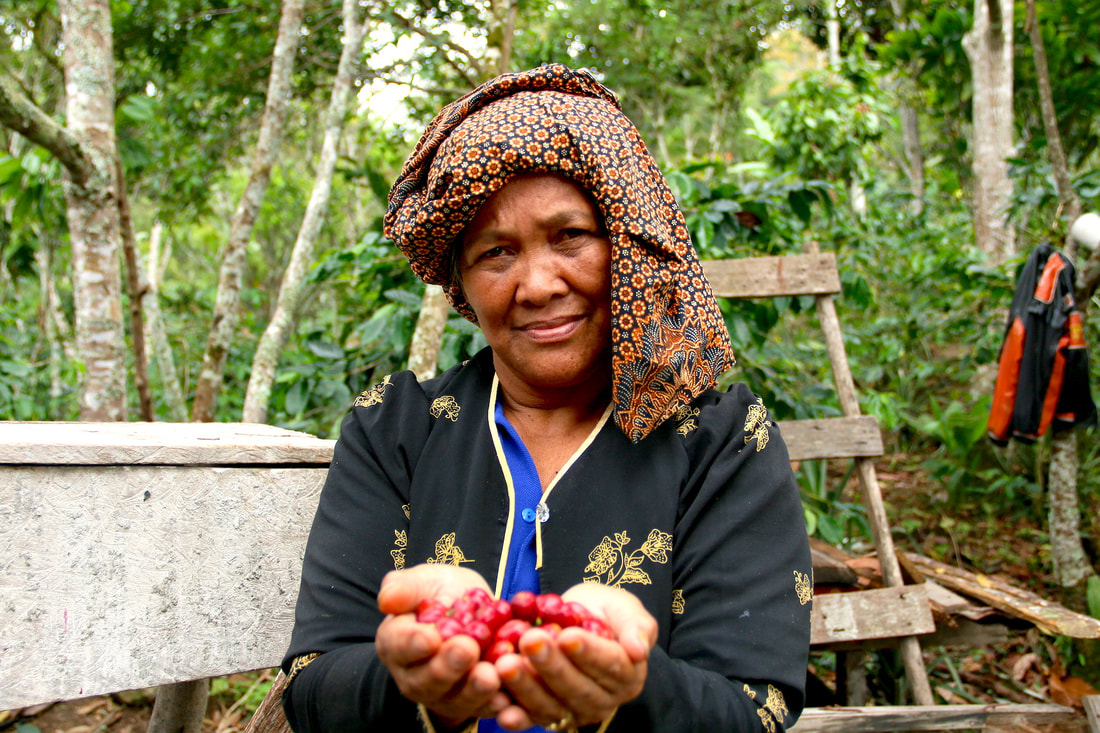
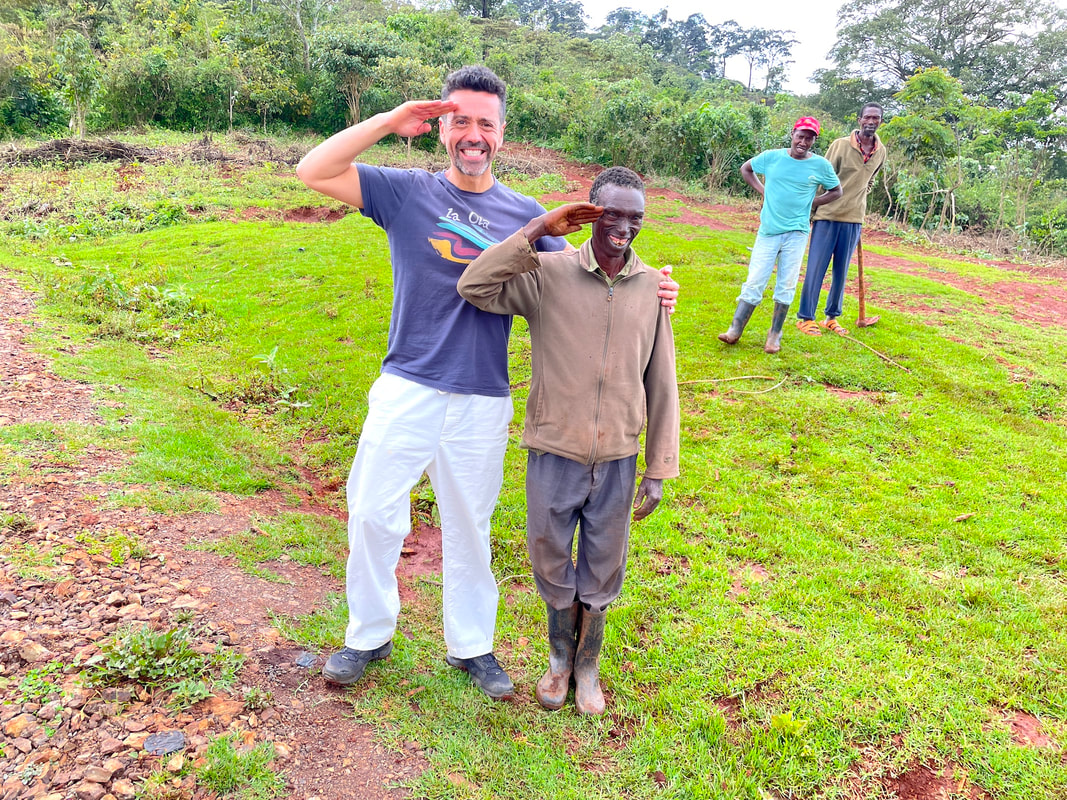
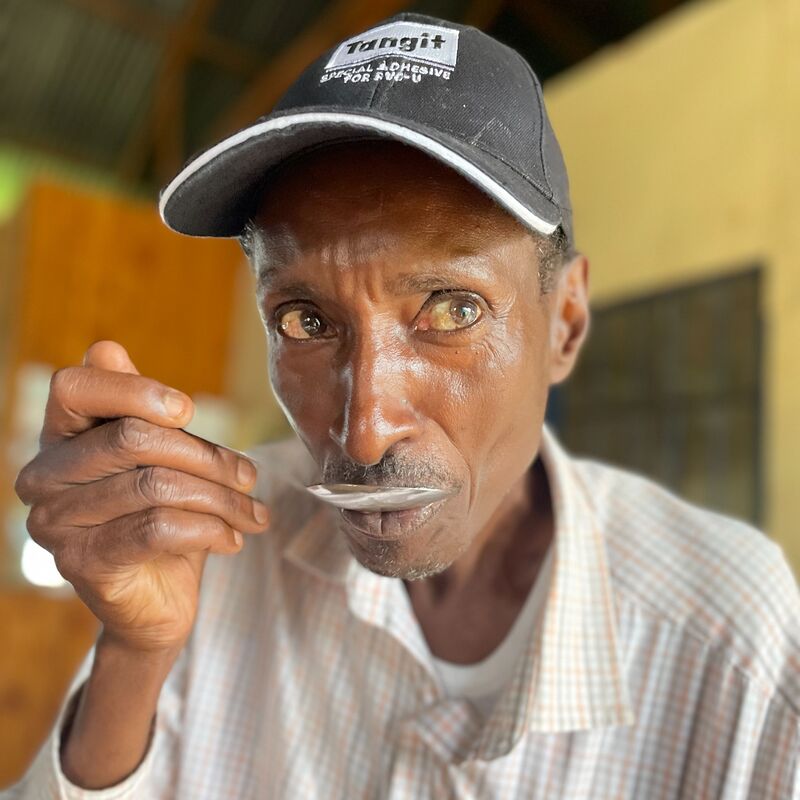
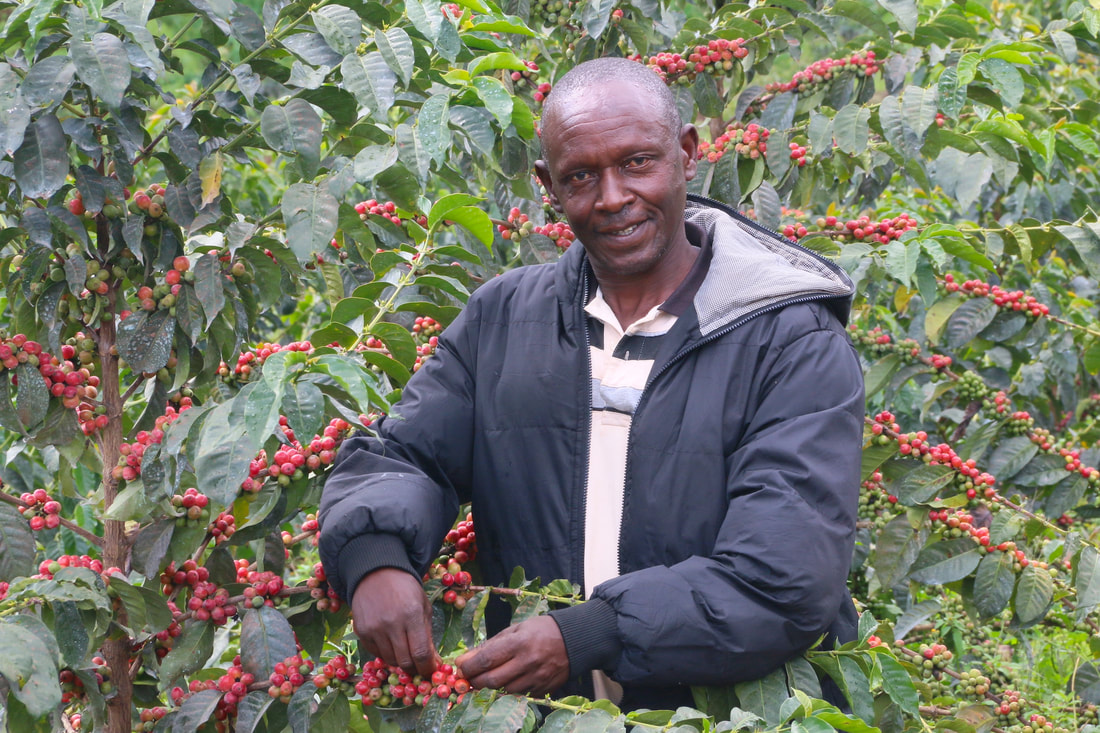
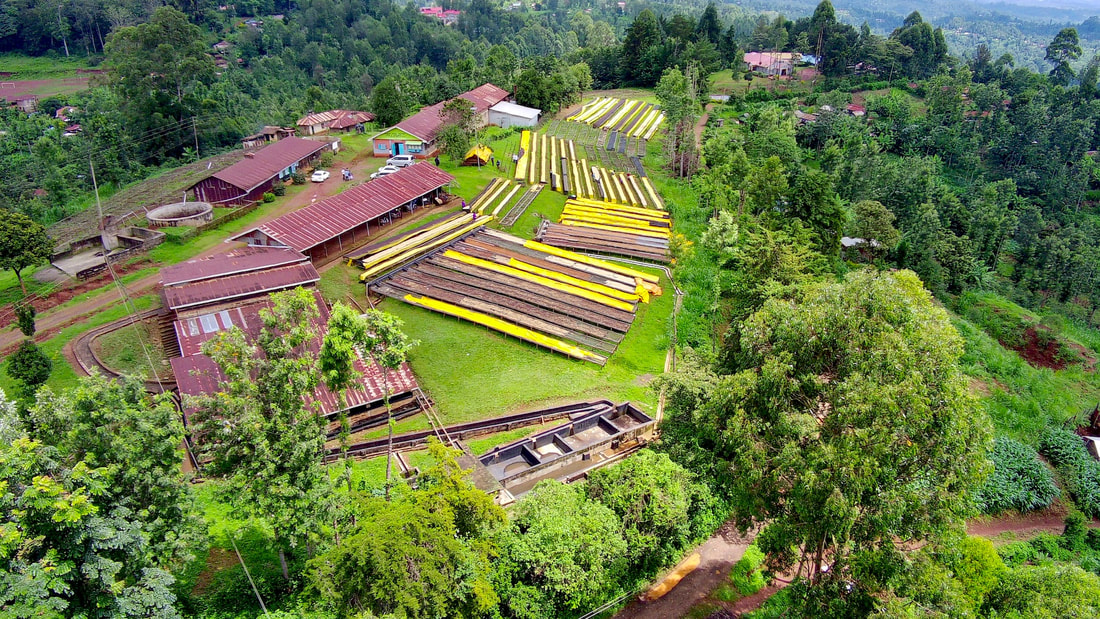
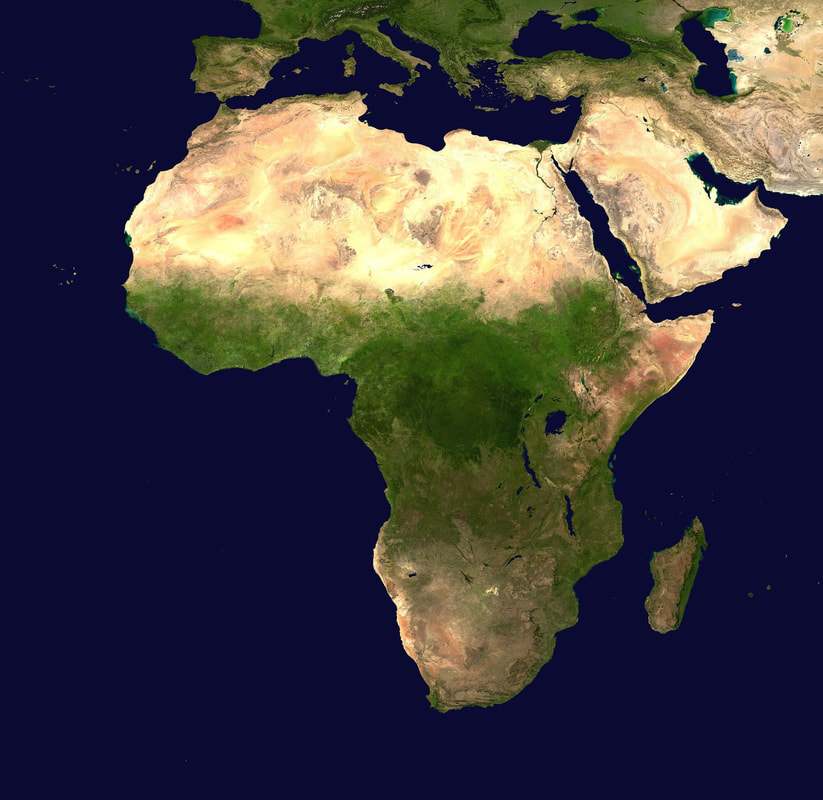
 RSS Feed
RSS Feed